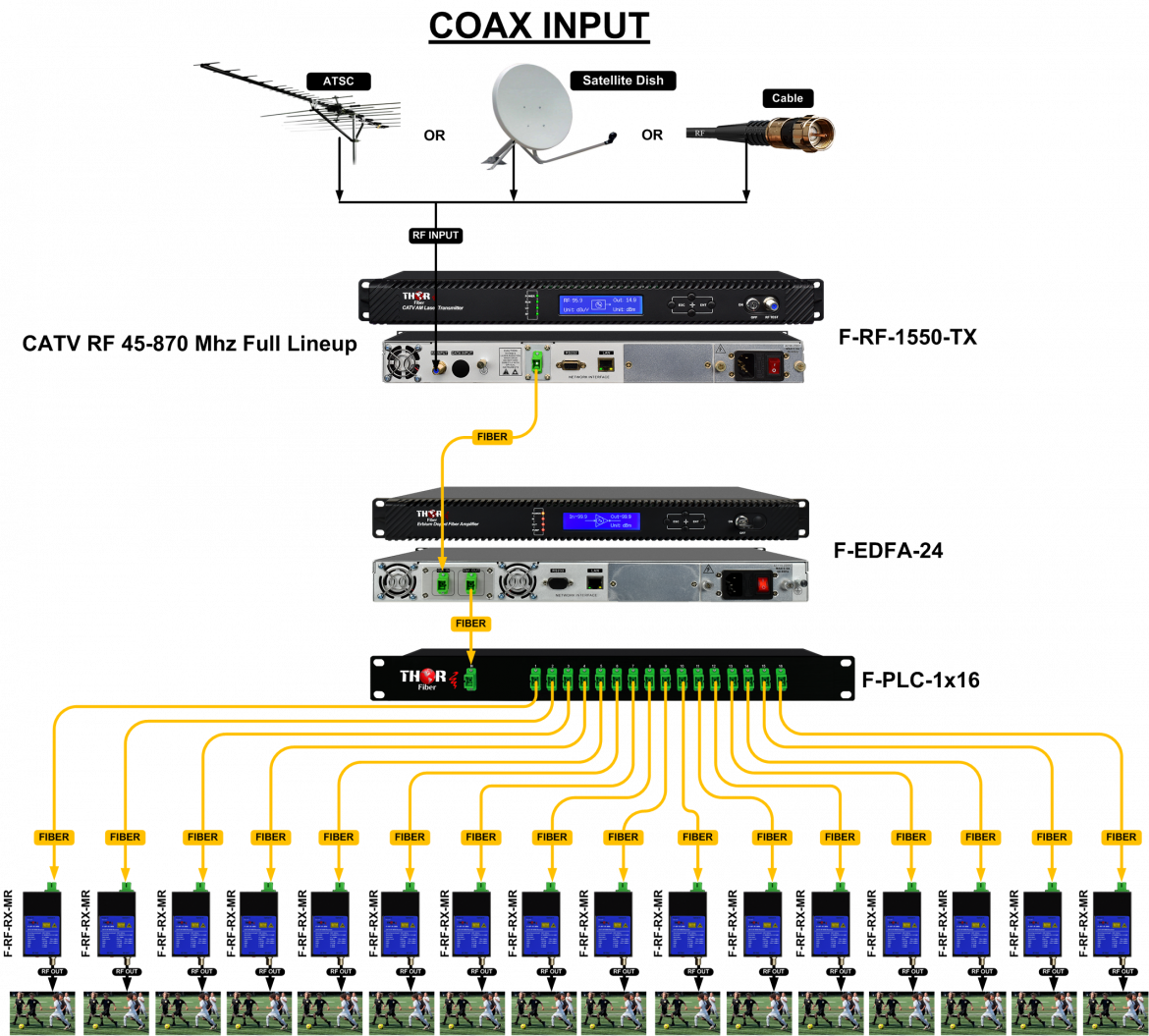- Products
-
CATV Modulators
-
DVB Encoders
-
Decoders (IRD's & STB's)
-
Satellite Modulators
-
Fiber Optic Transport
-
HDMI SDI Switchers, LAN Extenders, and Wireless Video Transport
-
DIscounted Inventory
-
SDI Monitors
-
Warehouse
-
- About
- Client Portfolio
- Support
- ⬇Download
- Case Studies
- Videos
- Contact
- Become a Reseller

 ES
ES











